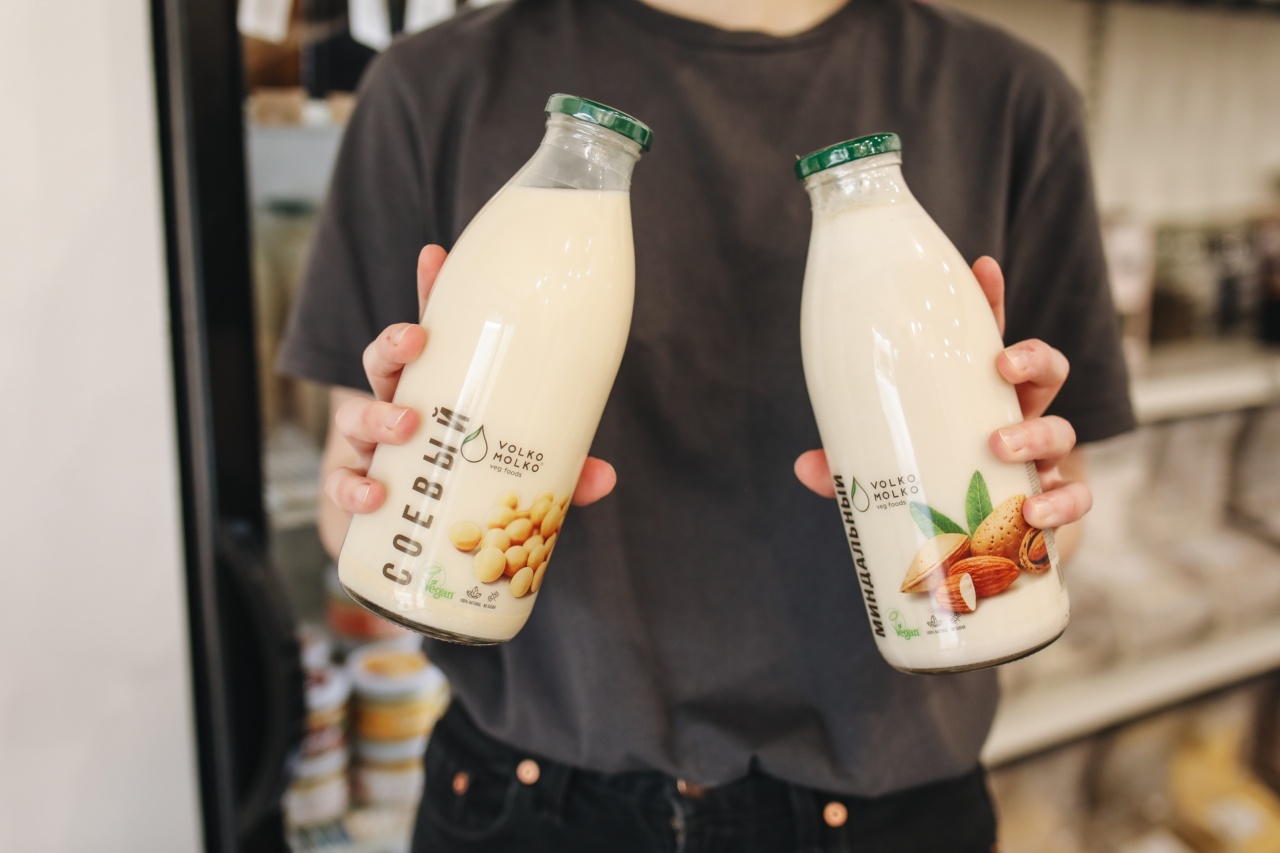The plant-based milk market has been experiencing a revolution in recent years, with a wide variety of alternatives to traditional dairy milk emerging.
Among these alternatives, oat milk has gained significant popularity and is now considered one of the frontrunners in this category. Oat milk offers a creamy texture, nutritional benefits, and eco-friendly production methods, making it a top choice for consumers seeking a sustainable and healthy dairy alternative.
The Rise of Oat Milk
Oat milk has swiftly risen to prominence in the plant-based milk market for numerous reasons.
Firstly, its taste and texture closely resemble that of traditional cow’s milk, making it a more appealing choice for those transitioning away from dairy. Oat milk’s creamy consistency also makes it an excellent option for coffee and other beverages, as it creates a rich and frothy consistency when steamed or foamed.
Nutritional Benefits
Oat milk boasts several nutritional benefits that have contributed to its growing popularity. It is naturally low in fat and contains no cholesterol, making it a heart-healthy choice.
Oats are also a good source of fiber, providing important dietary components for maintaining a healthy digestive system. Additionally, oat milk is often fortified with essential vitamins and minerals, such as calcium and vitamin D, to provide added nutritional value.
Sustainability and Eco-Friendly Production
One of the key advantages of oat milk is its minimal environmental impact. Oats require significantly less water to cultivate compared to other plant-based milk sources, such as almonds or soybeans.
Oat milk production also generates fewer greenhouse gas emissions, making it a more sustainable choice. With concerns about climate change and resource scarcity on the rise, oat milk’s eco-friendly production methods solidify its position as a frontrunner in the plant-based milk market.
Oat Milk and Ethical Consumption
As consumers become increasingly conscious of their purchasing choices, oat milk aligns with the values of ethical consumption.
Oats used in oat milk production are often grown without the use of harmful pesticides or genetically modified organisms, promoting healthier farming practices. Additionally, oat milk is suitable for individuals following a plant-based or vegan lifestyle, as it is entirely free from animal products.
Top Oat Milk Brands
Several leading brands have emerged in the oat milk market, offering consumers a range of options to choose from.
Notable brands include Oatly, which played a significant role in popularizing oat milk worldwide, and Califia Farms, renowned for their high-quality dairy alternatives. Other distinguished oat milk brands include Pacific Foods, Planet Oat, and Happy Planet.
Homemade Oat Milk Recipes
In addition to commercial options, many individuals also choose to make their own oat milk at home. Homemade oat milk is a cost-effective alternative and allows for customization based on personal tastes and preferences.
With just oats and water as the primary ingredients, homemade oat milk can be easily prepared in a blender and strained for a smooth and creamy result. Additions such as sweeteners or flavors can also be incorporated for a personalized touch.
Versatile Applications of Oat Milk
Due to its excellent texture and mild taste, oat milk can be used in various culinary applications beyond just being a dairy alternative.
It can be substituted for cow’s milk in baking recipes, such as cakes, muffins, and pancakes, without compromising taste or texture. Oat milk is also a popular choice for making smoothies, sauces, and even homemade ice cream. Its versatility and ability to complement different flavors make it a favored ingredient for both cooking enthusiasts and professional chefs.
Oat Milk and the Dairy Industry
As oat milk gains momentum in the plant-based milk market, it poses a potential threat to the dairy industry.
With increasing consumer demand for sustainable and ethical alternatives, traditional dairy farmers may need to adapt their practices to remain competitive. To address this shift, some dairy companies have begun to diversify their offerings by introducing oat milk products under their brand name, recognizing the changing trends and preferences in the market.
The Future of Oat Milk
The future of oat milk looks promising, as its popularity continues to grow. Its delicious taste, nutritional benefits, and eco-friendly production methods have positioned it as a preferred choice for consumers seeking a plant-based milk option.
As innovation in the sector continues, we can expect to see new oat milk flavors, blends, and products hitting the market, catering to an increasingly diverse consumer base.
Conclusion
Oat milk is revolutionizing the plant-based milk market with its creamy texture, nutritional benefits, and eco-friendly production methods.
Its rise in popularity can be attributed to its taste, versatility, and alignment with sustainable and ethical consumption. With top oat milk brands making their mark and homemade recipes offering a personalized experience, oat milk has become a go-to choice for those looking for a delicious and responsible dairy alternative.

























